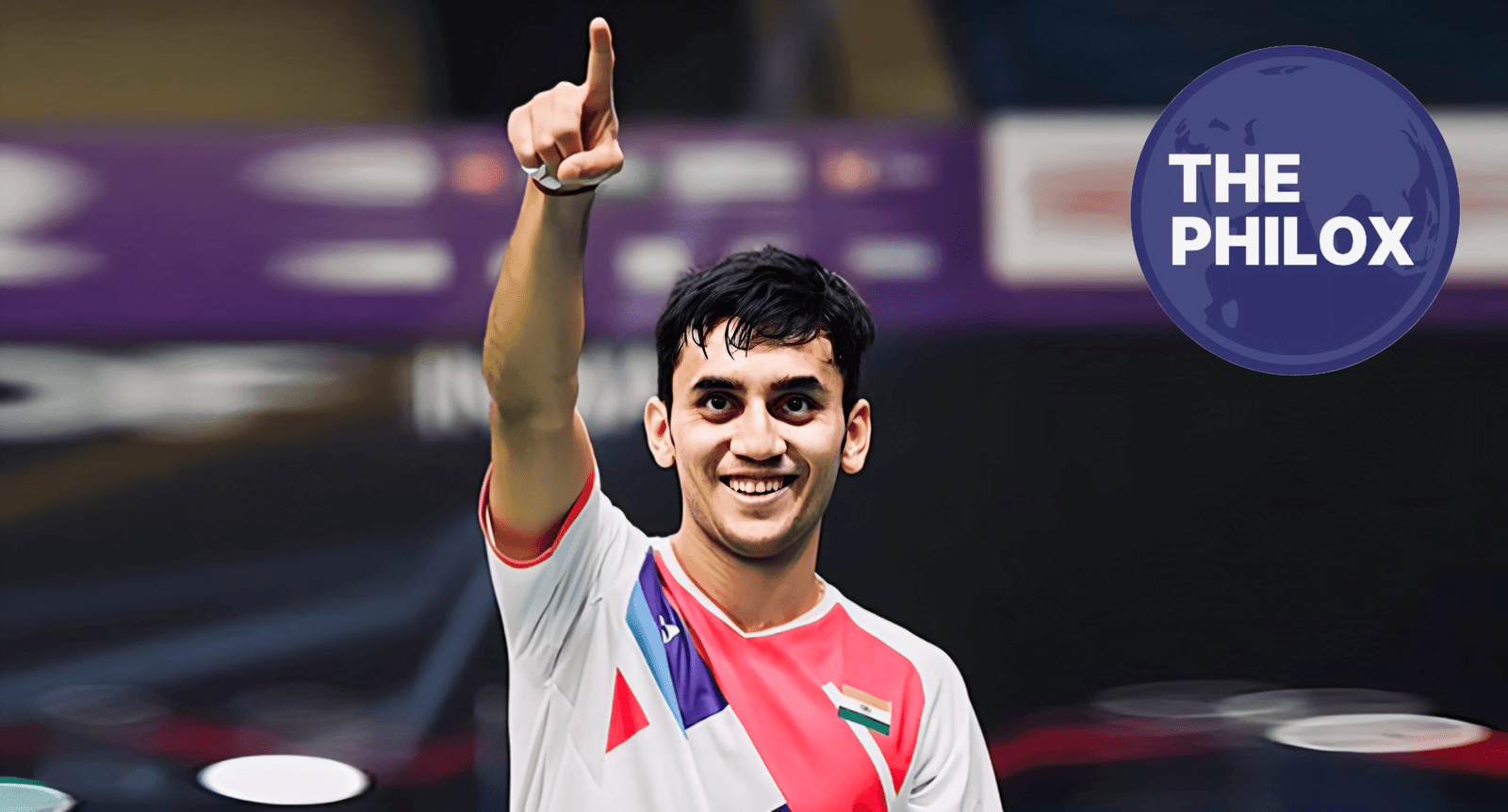The youngest world champion from India under focus
After failing in a recent freestyle chess event, D Gukesh, the teenage chess prodigy from India and current classical World Chess Champion, is under unanticipated criticism.
Considered as the emblem of the next generation of world chess supremacy, Gukesh became the youngest player ever to win the title.
But his poor performance in a well-known freestyle tournament has many wondering whether he really deserves to be the best in the world in all kinds of the game.
freestyle chess is what?
Sometimes referred to as Chess960 or Fischer Random Chess, freestyle chess is a variation of conventional chess in which the piece starting positions are random.
This structure challenges players to rely more on imagination and flexibility and eliminates deep opening preparation from the picture. It has become well-known for allowing one test raw chess ability in an unorganized setting.
Gukesh struggled to compete against seasoned freestyle enthusiasts in this most recent freestyle tournament.
Many in the chess community were startled when he came out with one of the lowest tournament scores.
Critics Ask About Gukesh’s Flexibility
Gukesh’s bad freestyle performance, according to some detractors, exposes a lack of adaptation and raises questions about his possible total chess abilities.
Strong in all forms—classical, fast, blitz, and freestyle, they think a real world champion should be.
Mixed comments abound on social media. While some defended Gukesh, noting that classical chess is the most prestigious and conventional form, others argued that a world champion should reflect skill in all kinds of the game.
Grandmasters and popular chess commentators have also entered the discussion. Some noted that early in their careers, prior world champions including superstars like Garry Kasparov and Magnus Carlsen had struggled to adapt to other formats.
Advocates Support Gukesh’s Title and Skill Set
Many well-known voices have come out in support of Gukesh in spite of the reaction. One disappointing tournament, they contend, does not undo the years of talent and hard effort he has displayed.
His triumphs in classical chess—including his historic World Championship win—are still considered as enormous.
Although freestyle chess is inventive and thrilling, supporters also point out that it is still a side form when compared to the traditional variant.
They contend that it is inappropriate to assess a player’s legacy based on a few games in a very modern format not included into the official world championship cycle.
The Press of Being a Young Champion
Gukesh has a great weight on his shoulders as he rose to the top of the chess world at such a young age.
At just eighteen, he has already been under public scrutiny the kind of which many athletes go without until much later in their careers.
Analysts say that the great expectations he faces reflect the great attention on his freestyle performance.
They also point out that adjusting to all formats takes time and that even the best athletes have experienced similar developing pains.
A Discussion Possibly Changing Chess Talks
This dispute has spurred more discussion among chess players on what it means to be a world champion nowadays.
Should a world champion excel in every kind of performance? Alternatively should classical chess by itself decide who the best player is?
While some voices advocate for a single championship structure including several forms of play, others feel that maintaining the separate formats preserves the particular difficulties of each.
Looking Ahead: Gukesh’s Next Action
Gukesh is still totally committed to his classical chess obligations for now. He intends to defend his championship and quiet the doubters at various forthcoming events.
Though his coaches have indicated he is utilizing the experience as a teaching tool, he has not publicly spoken on the freestyle debate.
Rumours also abound that Gukesh might focus more on freestyle and quick forms in order to develop a more complete skill set.
Fans will be attentively observing to see how he responds should he decide to enter freestyle contests once more.
The road D Gukesh travels is far from finished. One sad outcome in a freestyle tournament does not diminish his remarkable performance in traditional chess.
However, it has started a significant conversation about how the game is changing and what it really means to be a champion.
One thing is clear as the chess community debates: Gukesh’s career will be one to keep close eye in the next years.




